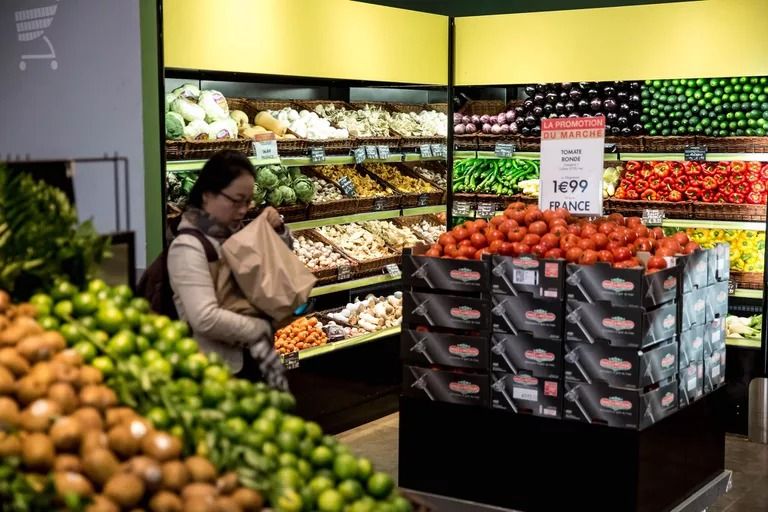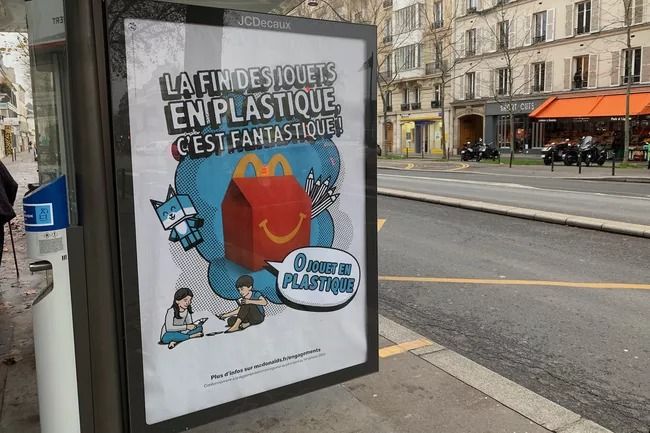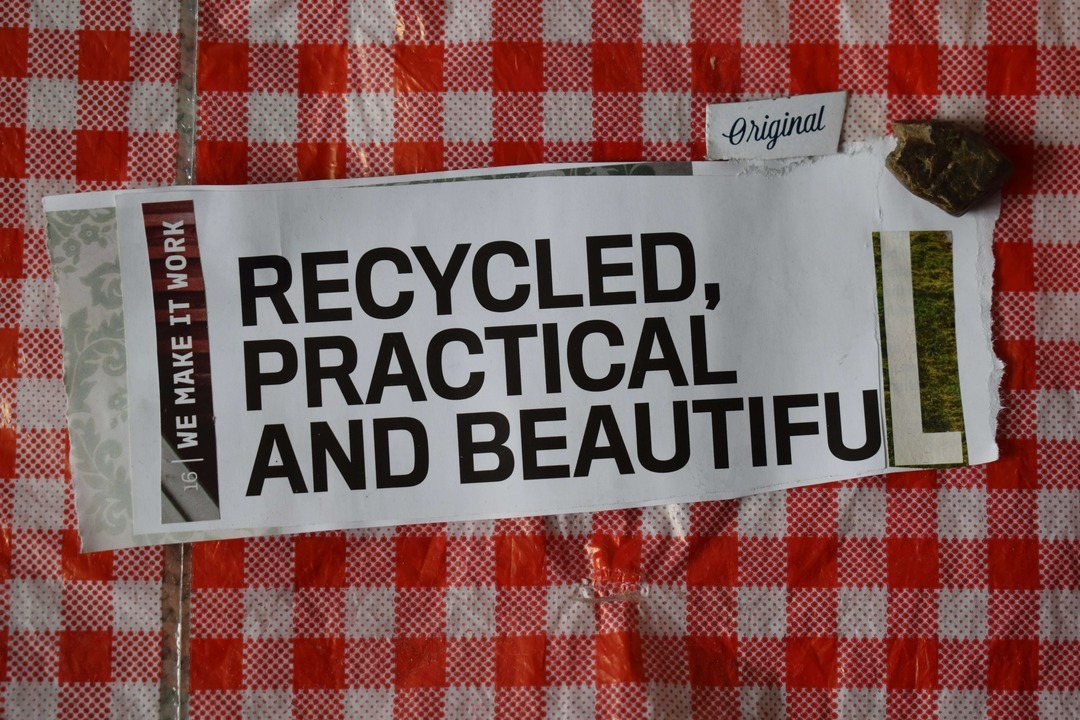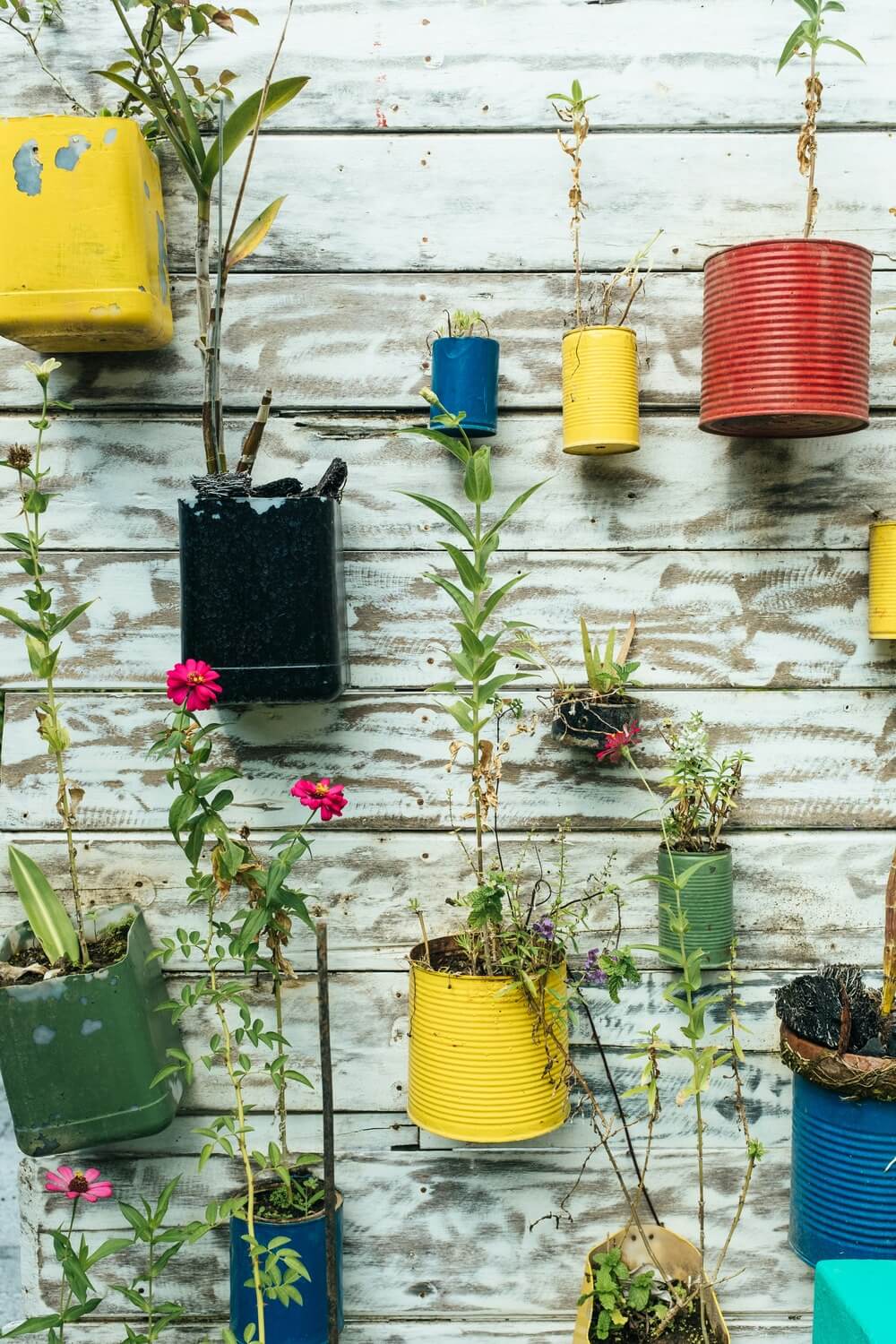
France has changed the rules in its grocery stores and marketplaces. Starting on January 1 of this year, most fresh fruits and vegetables can no longer be packaged for sale in plastic.
Around 30 items, including apples, bananas, oranges, large tomatoes, eggplants, leeks, pears, onions, lemons, and more, are listed as being immediately affected by the change. Other harder-to-package items, such as cherry tomatoes and soft berries, have been granted longer to come up with plastic-free alternatives. Packages larger than 1.5 kilograms (3.3 pounds) are exempt.
From Reuters: “Plastic packaging will be banned by end June 2023 for cherry tomatoes, green beans and peaches, and by end 2024 for endives, asparagus, mushrooms, some salads and herbs as well as cherries. End June 2026, raspberries, strawberries and other delicate berries must be sold without plastic.”
This ban on disposable plastic packaging is part of a broader effort by France to curb plastic waste across a range of sectors. President Emmanuel Macron signed “Law No. 2020-105: Regarding a Circular Economy and the Fight Against Waste” in February 2020, and it lays out a plan to take the country from being “a linear economy to a circular economy.”
Other efforts include preventing restaurants from including plastic toys in children’s meals, newspapers and magazines from being delivered in plastic, and tea bags being sold in non-biodegradable plastic sachets. Furthermore, the stickers affixed to fresh produce must be compostable, and public locations must provide water refill stations to disincentivize the use of disposable water bottles (via Library of Congress).

France already phased out single-use plastic cutlery, takeout cup lids, confetti, drink stirrers, plastic straws, and more in 2021—all part of the same plan.
Regarding the most recent change, since an estimated 37% of fresh fruits and vegetables are wrapped in plastic in France, it’s estimated that the new ban will spare one billion pieces of plastic from being used each year. (Of course, their size would vary and a weight estimate might be more useful.)
Not everyone is happy with the change. François Roch, president of the French fruit sellers’ federation, told Reuters, “Selling loose produce is complicated as many customers touch the fruit and people do not want their fruit to be touched by other customers.”
To that, one might counter that the presence of plastic packaging does not guarantee cleanliness; produce has been handled by numerous hands throughout the supply chain, including those that picked and packed it. Fruits and vegetables should always be thoroughly washed and/or peeled prior to eating or cooking.
The ban will likely require a change in habits. Shoppers presumably will have to take their own reusable bags to fill and weigh. (There was no mention in any news articles of whether stores would start offering paper or other biodegradable alternatives.)
Requests for comments from Zero Waste France, as well as Bea Johnson, the French woman behind the Zero Waste Home movement, did not receive responses.
It will be interesting to see how France irons out the inevitable complications that arise with selling loose produce, and whether other countries follow suit, once a precedent has been set.





